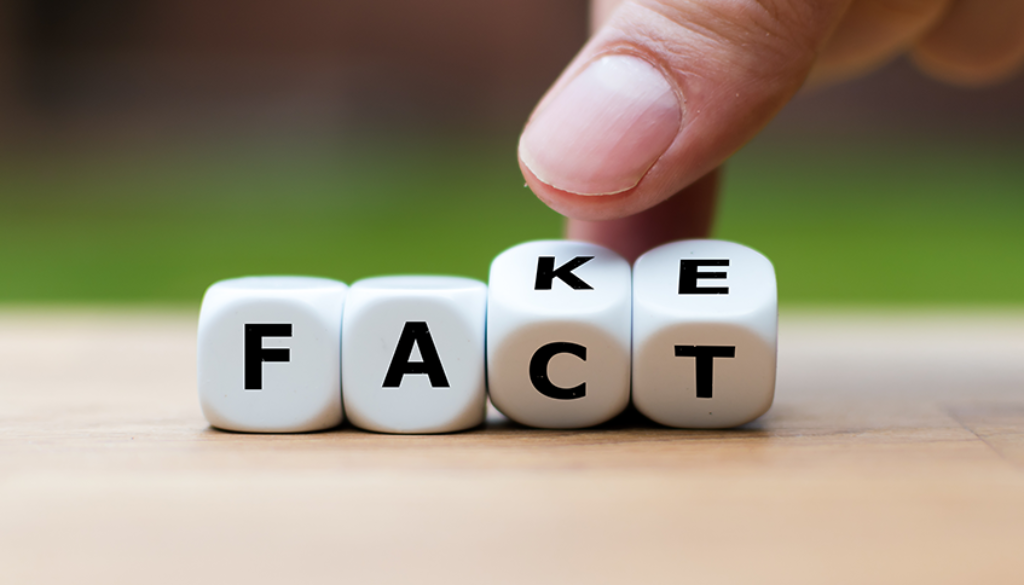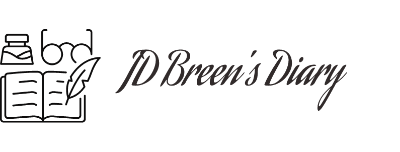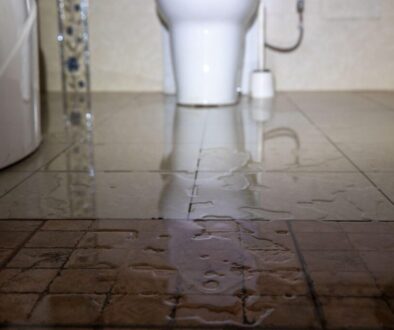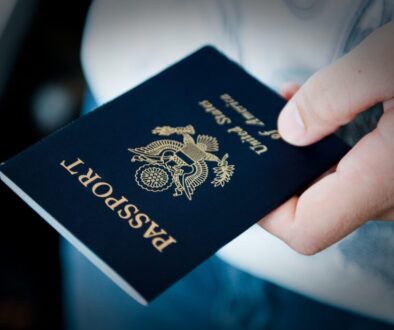Some Things Can’t Be Faked

Atlanta, GA
April 6, 2020
I must reluctantly confess that I used to teach Economics at Stanford. I may as well plead guilty. A mediocre prosecutor, or a first-year Law student, could secure a quick conviction.
While pursuing my MBA at the University of San Francisco, I worked a couple semesters as a teaching assistant for the Chairman of the USF Economics department. A few nights a week, I taught Macro and Micro-economics to his Executive MBA students.
Because most were employed in Silicon Valley, the courses were held at Stanford University. So on class nights, I drove 45 minutes down the peninsula, and taught Economics at one of the most prestigious institutions of higher learning in the world.
My professor was wonderful. His unique sense of humor compensated for his conventional view of Economics. We agreed that Economics is a science, but debated the tools it should wield in the lab.
I reached for those crafted by the moral philosophers…the Aristotelians, Scholastics, and Austrians. He inclined toward scientism, Monetarism, and Keynesianism…the authors of much current farce and modern tragedy.
To mathematical economists, models are sacrosanct. If it can’t be counted, it doesn’t count. As Bill Bonner once put it, they’d prefer my neighbor and I pay each other to mow the other’s lawn. Mowing our own lawns provides the same result, but does nothing for GDP. If it doesn’t measure, it doesn’t matter.
But economic preferences can’t be measured the way a physicist gauges the effect of heat on iron, or the refraction of light thru a prism. Desires, values, and happiness are subjective, impossible to quantify.
And if they can’t be assessed in retrospect, they certainly can’t be measured in prospect. Economists should never be consulted for forecasts. That is not their role, and they couldn’t do it even if it was (no one could). Economics is a descriptive, not a predictive or prescriptive, science.
And it demands humility, which is probably what drew me to the discipline. As I’ve said many times, no one is more modest than I. Which is why I loathe reminding people I taught Economics at Stanford. To high-powered executives. At the graduate level.
Still, I had a job to do. And that was to transmit conventional Keynesian claptrap. But that was OK. As Michael Corleone learned from his father, we should keep our friends close, but our enemies closer. We fortify our own positions if we can distill and dispense opposing arguments. It was a great experience.
When I left San Francisco, my professor gave me a bottle of 12-year-old Scotch…which is now three times as old. At this point, it has become sentimental. I’ll likely never drink it. At the very least, I’d save it for a rainy day. For an unexpected emergency or unforeseen crisis.
Maybe one will come up.
Fabricated panics are common in our First World habitat. As Mencken said, the whole aim of politics is to keep the populace alarmed, and hence clamorous to be led to safety.
But genuine emergencies are rare. Rainy days usually aren’t too bad. House fires are unusual. Major earthquakes are infrequent. Global pandemics are almost unhea…
Perhaps, in extremis, the Scotch could come in handy. If not to alleviate our current virus, then to help endure government responses to it…and to brace for the dangerous precedents they set. I am first to acknowledge that anyone can make a mistake. But for a real catastrophe, we need the government.
We haven’t watched many official briefings during this ordeal. But I have found my favorite spokesman. He’s the sign language translator from our governor’s press conference last week. Having apparently just learned that asymptomatics can spread this virus, the state’s chief executive suddenly decided all Georgians should “shelter-in-place”.
The dutiful translator was obligated to convey the governor’s edict. But he was no doubt embarrassed to repeat the reason given for announcing it that day. And who knows if he did? Maybe he took a page from the translator at Nelson Mandela’s funeral and gestured gibberish, thinking it’d make more sense than what the governor actually said.
Whatever he signaled, he did it with style. He made the most of his last unsheltered hour before lockdown. He looked, as I wrote earlier this week, like Charles Darwin doing the Macarena He was excited, enthused, and energetic…a welcome change from the dreary paces and poses we’ve seen in recent weeks.
And he served his governor well…by distracting viewers from his ill-prepared remarks. It is a sign of the times that the most useful part of an emergency briefing came from a guy who never opened his mouth.
That Mandela fake sign language translator was not so praised. He actually caught plenty of flak And he did quickly apologize. But he shouldn’t have. As if trying to become a good economist, he was being too modest. What he really deserved was admiration, not derision. Respect, not ridicule.
After all, he successfully finagled his way to becoming a fake sign language translator on the world’s highest stage, rendering eulogies to Nelson Mandela from the heads of almost every state on Earth. And he didn’t even know sign language!
That’s impressive, and audacious. Like teaching Economics at Stanford. Or attacking microscopic maladies with astronomic amounts of fake money and galactic political rip-offs.
But some things can’t be finagled, or faked. I admit that my perspective on our current situation continues to shift…from clarity to confusion…from hope to despair…from silver lining to half empty. But, I then reflect that we are blessed to at least have something in the glass. We have birds in the hand, and in the bush. And all are safe in the nest. Others are not so fortunate.
These, as Paine said, are times that try men’s souls. And many are being tried…to, and past, their breaking point. Yet they continue…to calm and care, to tend and mend, an increasing flow of patients, and a distressing rise in corpses.
And they do so in virtual hazmat suits, where they remain day after day. From dusk they arrive, and to dusk they shall return. The beds keep filling and the bodies keep coming. They persist on little food, limited rest, and at great risk. Their only relief is by the Depends they wear while confined for endless hours to their sterile wardrobe.
Theirs is true dedication, real resolve. Not the courage to drill a three-foot putt to force a playoff at The Masters. But the fortitude of the fireman, the coal miner, or the inner city high school teacher.
We can do little to help, aside from staying healthy, out of their way, and off their gurneys. Care packages risk contamination, so are forbidden. But appreciation is antiseptic, and prayers pure. And, as they meet their emergency in an effort to prevent ours, we can raise a toast.
Fortunately, I have just the thing for it.
JD



